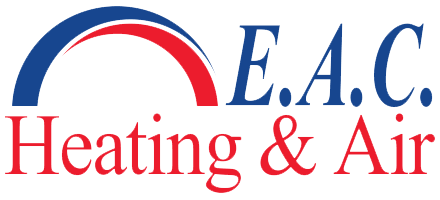If you want to know what extreme humidity feels like, step outside in the middle of a typical June, July or August day in South Carolina. The Palmetto State’s subtropical climate can be refreshing during the winter months. But in the summer, it only takes a few minutes for an uncomfortable stickiness to envelope you.
While heading indoors can offer some protection against the humidity, you can’t avoid it entirely. Moist, heavy air can infiltrate your home and wreak havoc on your heating, ventilation and air conditioning (HVAC) system. Without proper attention, your unit may not function efficiently, and you and your family won’t feel as comfortable as you’d like.
Signs of High Indoor Humidity
How can you tell if your home’s humidity level is too high? Look for the following signs:
- Window fog: Humidity is vaporized water that hangs in the air. If there’s no way for humidity to escape your home, it will collect on surfaces and cause mirrors and windows to fog.
- “Wet” air: The moisture in humid air can cause your skin to feel clammy. You might also have a harder time getting dry after a shower.
- Unpleasant odors: The moisture in humid air fosters the growth of mold and mildew, leaving a damp, musty smell inside your home.
- Mold: If you begin to see dark discolorations on walls and ceilings, it’s probably mold caused by excess humidity.
- Rotting wood: Eventually, the moisture from humidity can lead to wood rot in furniture, baseboards, windowsills, doors and wainscoting.
Effects of Humidity on Air Conditioning (AC)
While you might expect your home’s air conditioning system to counter the impact of humidity, it won’t help much when the levels are too high. Excess humidity cancels out an AC unit’s cooling benefits, making your home feel warmer. Your system will need to work harder to help you stay comfortable, leading to higher energy bills.
How Humidity Affects Heating Units
Low humidity during the winter can also be an issue. When humidity levels drop too far, your home can feel colder than you’d like. Even when you crank up the temperature in your heating unit, you still might have trouble staying warm during cold spells. This places additional demands on your system, leading to higher operating costs and possibly shortening its life span.
Humidity vs. HVAC Unit: How to Win the Battle
With the right equipment, you can mitigate the effects of humidity on your HVAC unit. Installing a dehumidifier on your system can remove much of the moisture from the air before it enters your ductwork. Conversely, a humidifier will have the opposite impact during the colder months. These appliances increase the air’s moisture content, making your home feel warmer.
Contact E.A.C. Heating & Air to Learn More
If you live in or near Hilton Head Island, South Carolina, E.A.C Heating & Air has the equipment and expertise to help you control your home’s humidity level throughout the year. Contact us to learn more today.
